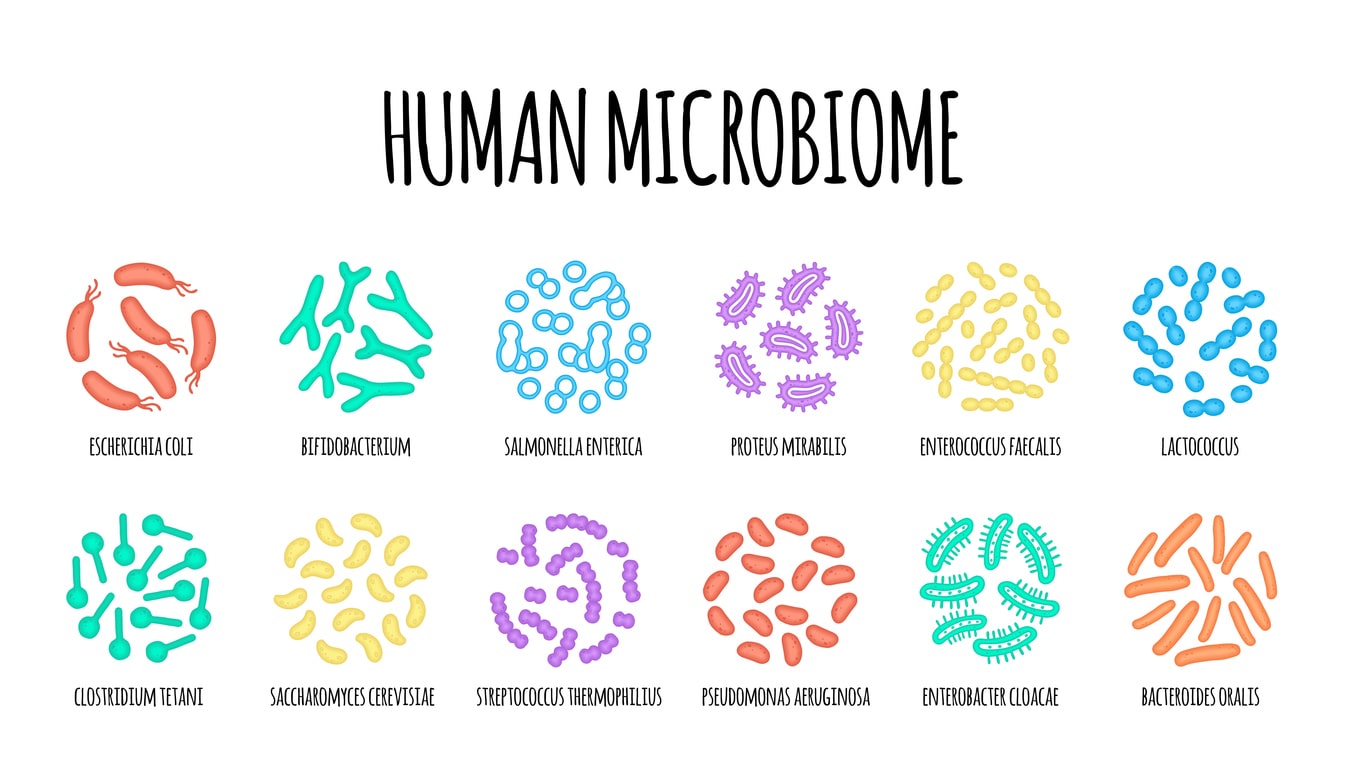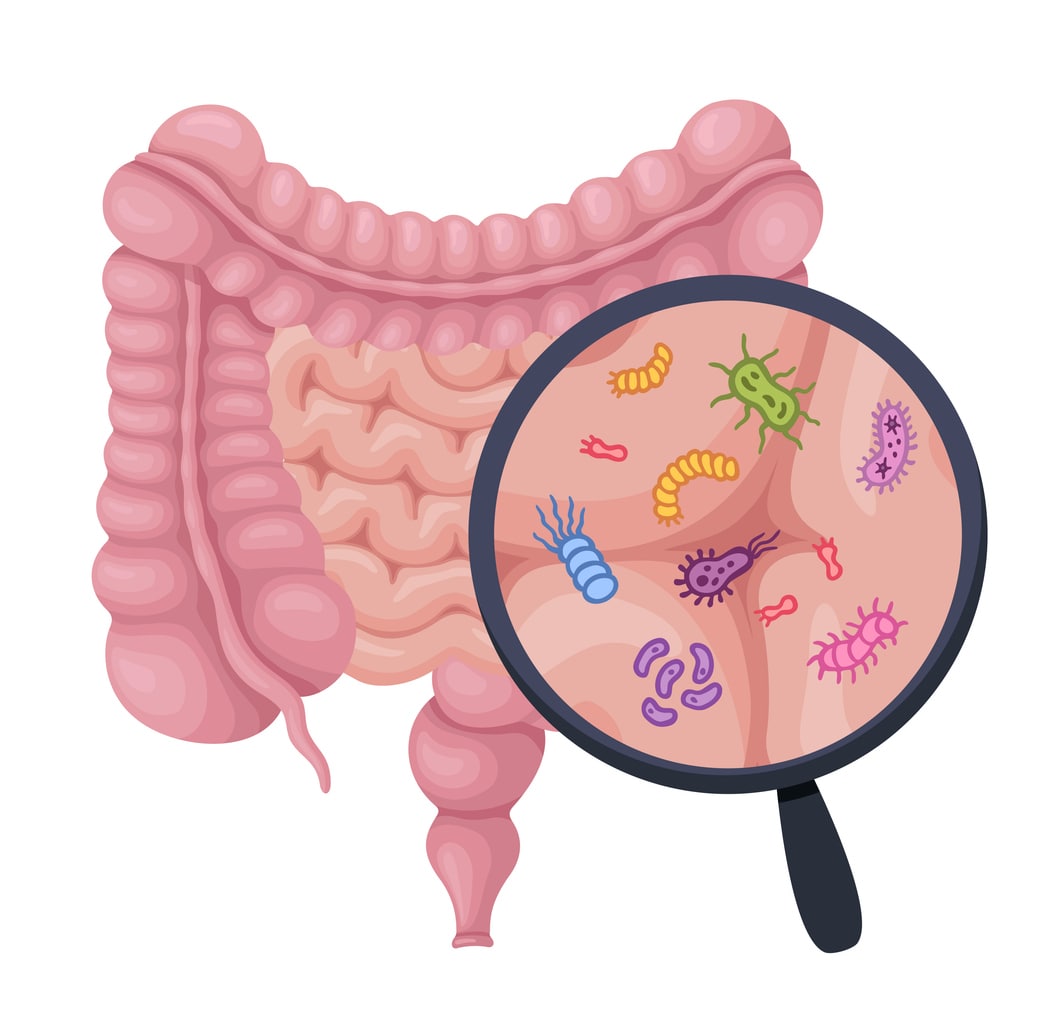
Gut Microbiome and Weight Loss: What’s the Connection?
Exploring the connection between gut health and weight loss has become increasingly important in the journey towards a healthier lifestyle. The gut microbiome, a diverse community of microorganisms residing in our digestive tract, is recognized for its influence on various aspects of health, including metabolism and weight regulation. Changes in the composition and diversity of gut bacteria have been linked to alterations in energy metabolism, appetite regulation, and fat storage, all of which can impact body weight. Exploring this connection holds significant potential for developing new approaches to support healthy weight management.
Understanding the Gut Microbiome
The gut microbiome is a complex and dynamic ecosystem within the digestive tract, composed of trillions of microorganisms, including bacteria, fungi, viruses, and parasites. This diverse community of microbes interacts with the body in numerous ways, influencing various aspects of health and disease. Factors such as diet, lifestyle, antibiotic use, and genetics can shape the composition and function of the gut microbiome, leading to individualized microbial profiles. This microbial diversity is essential for maintaining optimal gut health, as it contributes to nutrient metabolism, immune function, and protection against pathogens. Understanding the intricate relationship between the gut microbiome and overall health is necessary for developing targeted interventions to support digestive health and overall well-being.
Gut microbes play essential roles in digesting complex carbohydrates and producing vital nutrients like short-chain fatty acids and vitamins B and K. They are integral to training the immune system, maintaining the gut barrier, and producing neurotransmitters affecting the gut-brain axis. The gut-brain axis represents the bidirectional communication pathway between the gut and the brain, facilitated by various signaling mechanisms, including neural, hormonal, and immune pathways. Gut microbes produce neurotransmitters, such as serotonin and gamma-aminobutyric acid (GABA), influencing brain function and mood.

How the Gut Microbiome Influences Weight Loss
Understanding how the gut microbiome influences weight loss requires a deep dive into the interplay between dietary habits, microbial diversity, and metabolic health. Consider the following insights:
- Metabolism and SCFA Production: Certain gut bacteria metabolize dietary fibers and complex carbohydrates, producing short-chain fatty acids (SCFAs) that regulate appetite, promote satiety, and modulate energy expenditure.
- Energy Balance Regulation: Gut microbes influence the extraction of calories from food and energy storage in adipose tissue, impacting overall energy balance and weight management.
- Hormonal Regulation: The composition of the gut microbiome can affect levels of hormones involved in appetite regulation, such as leptin and ghrelin, thereby influencing food intake and energy balance.
- Association with Metabolic Disorders: Imbalances in the gut microbiome, such as dysbiosis, have been linked to metabolic disorders like obesity and insulin resistance.
- Promoting a Healthy Microbiome: Promoting a diverse and balanced gut microbiome through dietary interventions, probiotics, and lifestyle modifications may support weight loss efforts and improve metabolic health.
Modifying Your Gut Microbiome for Weight Loss
Modifying your gut microbiome for weight loss involves a multifaceted approach, focusing on dietary choices that promote the proliferation of beneficial bacteria. Here are some key strategies:
Incorporate Probiotic and Prebiotic Foods
- Probiotics: Include naturally fermented foods like yogurt, kefir, kimchi, and tempeh in your diet. These foods are rich in Lactobacillus and Bifidobacterium, beneficial bacteria that support gut health and immune function.
- Prebiotics: Consume foods high in prebiotic fibers, such as garlic, onions, bananas, and asparagus. Prebiotics feed the probiotics in your gut, fostering a healthy microbiome environment.
Limit Certain Foods
- Red Meat: Minimize consumption of red meat, as carnitine can interact with gut bacteria, potentially increasing the risk for arterial plaque.
- Highly Processed Foods: Avoid low-nutrient, processed foods that lack fiber and may contain harmful additives. These can negatively affect the balance of gut bacteria and are detrimental to gut health.
- Supplements and Personalized Nutrition: While L-Glutamine and Collagen supplements are linked to gut health improvements, prioritize whole food sources for nutrients when possible.
Focusing on these dietary adjustments can help modify your gut microbiome, potentially improving weight management outcomes.
The Potential of Probiotics and Prebiotics in Weight Management
Exploring the potential of probiotics and prebiotics in weight management reveals a promising avenue for those seeking natural ways to support their weight loss goals. Here’s how incorporating these elements into your diet can make a difference:
Probiotic Foods:
- Fermented foods such as yogurt, kefir, sauerkraut, and some aged cheeses are rich in probiotic bacteria.
- Regularly consuming these foods can improve gut health by increasing the presence of beneficial bacteria like Lactobacillus and Bifidobacterium.
- Studies have shown that specific strains of these bacteria can help reduce body fat and waist circumference, with effects including improved metabolism, reduced fat absorption, and enhanced satiety.
Prebiotic Foods:
- Sources include onions, leeks, garlic, asparagus, Jerusalem artichokes, oats, mushrooms, and whole grains.
- These non-digestible fibers fuel beneficial gut bacteria, promoting their growth and activity.
These fibers produce short-chain fatty acids (SCFAs), which help suppress appetite and control weight. Thus, dietary fibers have a direct impact on weight management.

Optimizing Weight Management: The Gut Microbiome Connection
While exploring the gut microbiome’s influence on weight loss, it has become evident that a symbiotic relationship exists between our dietary choices and the microbial inhabitants of our gut. These microbial communities’ intricate balance and diversity play a pivotal role in our metabolic health. The microbiome can affect everything from energy metabolism to regulating body fat. By embracing dietary habits that foster a healthy and diverse gut microbiome, individuals can unlock new dimensions in weight management and overall health.
For personalized guidance on optimizing gut health and achieving weight loss goals, contact the experts at Gastroenterology of Greater Orlando. Our experienced team specializes in digestive health and offers comprehensive care to support your journey toward better gut health and effective weight management. Take the first step towards a healthier you by scheduling a consultation today.